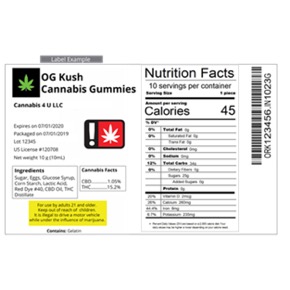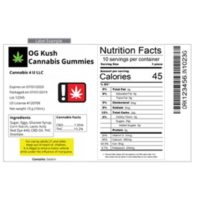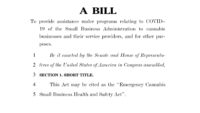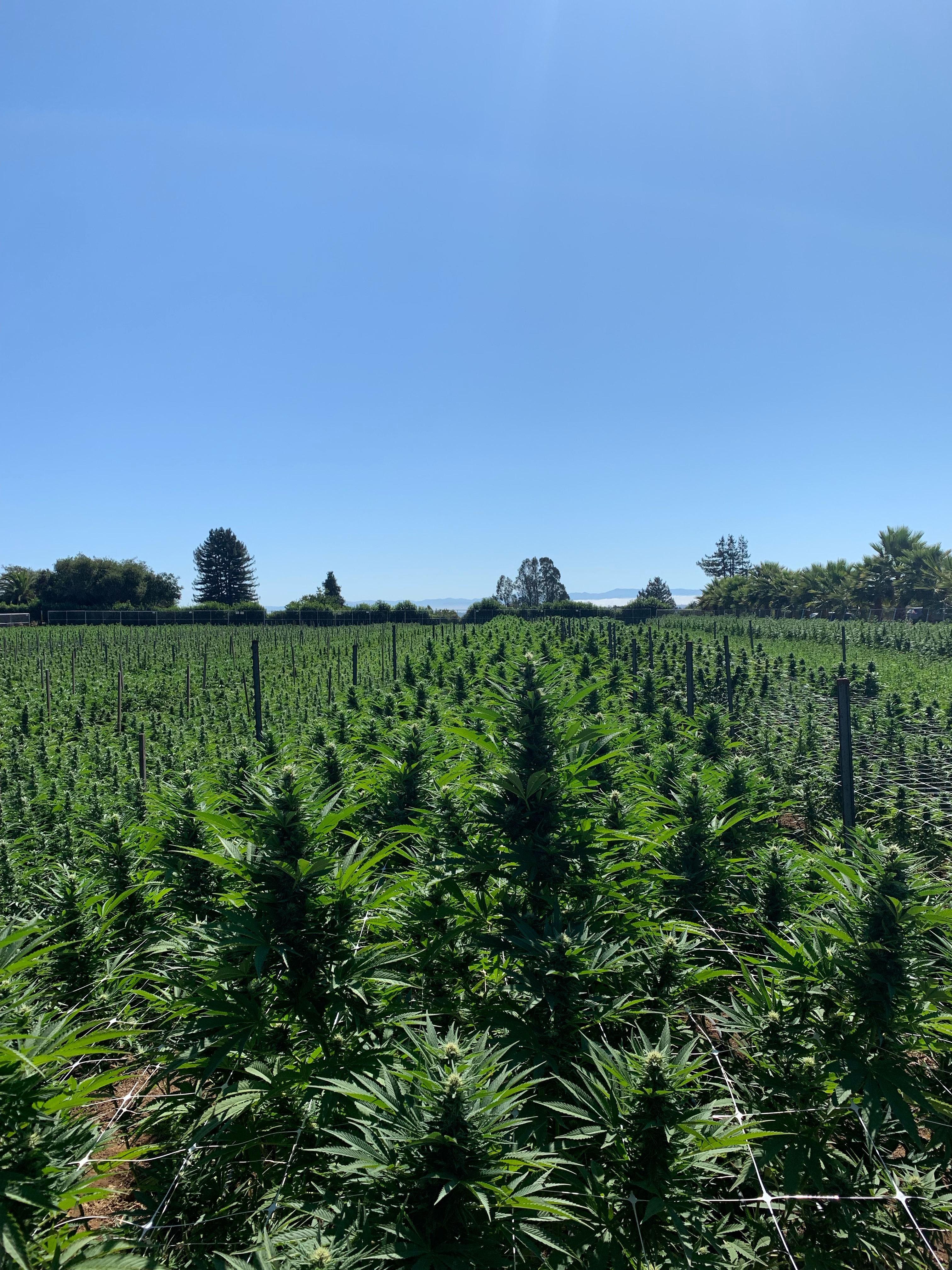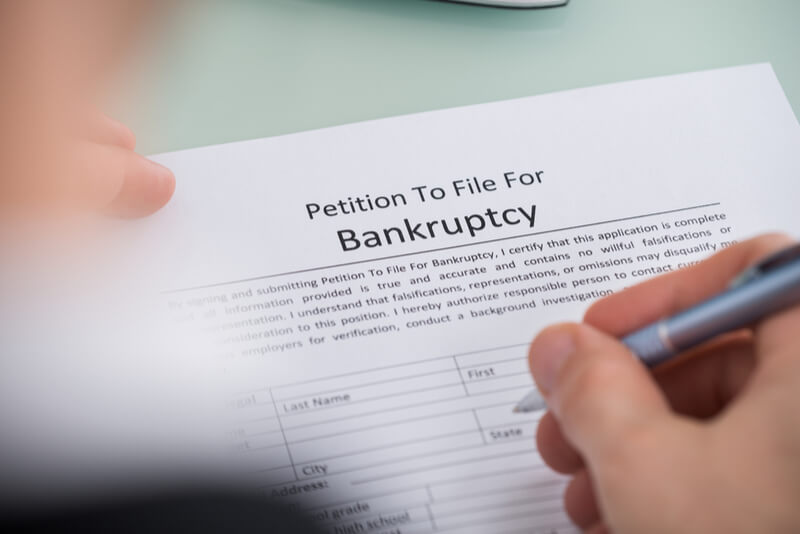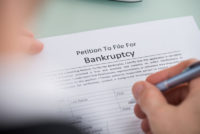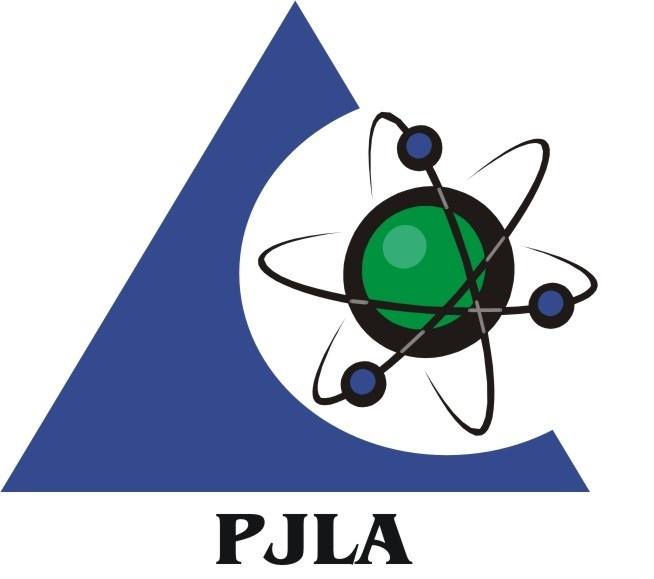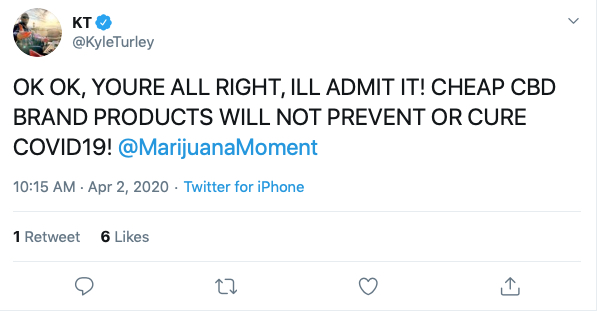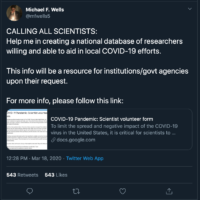In our previous post, we touched on the fact that state-legal medical and recreational cannabis businesses (including indirect cannabis businesses) could not receive federal financial assistance due to the continued Schedule I status of cannabis under the Controlled Substances Act (CSA). While state-legal medical and recreational cannabis businesses have been adversely affected due to government imposed shelter-in-place restrictions across the United States, they are unable to take advantage of the multi-trillion dollar stimulus packages that are designed to help small businesses because they are engaged in “federally illegal” activities. As described below, applicants applying for federal loans must certify, under penalty of perjury, that they are not engaged in “illegal” activity.
While it is our view that state-legal medical and recreational cannabis businesses should be entitled to assistance as they are hurting like every other business, we explain why such businesses cannot receive financial assistance under the Paycheck Protection Program and the SBA’s Economic Injury Disaster Loan Program due to the facts that these businesses do not comply with federal law.
CARES Act
As previously discussed, Section 1102 of the Coronavirus Aid, Relief, and Economic Security Act (CARES Act or the “Act”) directed $349 billion to the Small Business Administration (SBA) to administer to small businesses harmed by COVID-19. As a result, businesses can apply for Paycheck Protection Program (PPP) loans and other SBA financial assistance, including Economic Injury Disaster Loans (EIDLs), traditional 7(a) loans, 504 loans, and microloans, and can also receive investment capital from the Small Business Investment Company program.
Paycheck Protection Program (PPP)
Generally, the following businesses are eligible to receive loans under the PPP:
- Any business, 501(c)(3) nonprofit organization, 501(c)(19) veterans organization or Tribal business with not more than 500 employees whose principal place of residence is in the United States;
- Any business that meets the SBA employee-based size standards for the industry in which it operates (if applicable);
- Any business that is a “small business concern” as defined in Section 3 of the Small Business Act, 15 U.S.C. 632, and meets the SBA employee-based or revenue-based size standards corresponding to its primary industry; or
- Any business that is a “small business concern” under the SBA’s “alternative size standard” as of March 27, 2020, which standard is met if the business has not more than:
- (i) maximum tangible net worth of $15 million, and
- (ii) an average net income of $5 million (after Federal income taxes, excluding any carry-over losses) for 2 full fiscal years before the date of application.
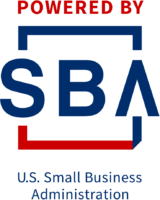 Importantly, to apply for PPP, an applicant must make a good faith certification that the applicant is eligible to receive a PPP loan. An applicant must certify, under penalty of perjury, that it “is not engaged in any activity that is illegal under federal, state or local law.” (Borrower Application Form, page 2).
Importantly, to apply for PPP, an applicant must make a good faith certification that the applicant is eligible to receive a PPP loan. An applicant must certify, under penalty of perjury, that it “is not engaged in any activity that is illegal under federal, state or local law.” (Borrower Application Form, page 2).
Consequently, because state-legal marijuana businesses (including indirect marijuana businesses) are operating in violation of federal law, applicants cannot make such certification, they remain ineligible to participate in the PPP.
Economic Injury Disaster Loans (EIDLs)
The CARES Act also provided a slew of changes to the SBA’s pre-existing EIDL program, which provides small businesses with working capital loans of up to $2 million to assist to help overcome the temporary loss of revenue as the result of a declared disaster.
The Act set out new rules making it easier for small businesses harmed by COVID-19 to receive loans quickly and efficiently; the Act added $30 billion to the EIDL loan fund, with an additional $10 billion added for the EIDL Grants connected to the EIDL loans.
The CARES Act also expanded eligibility to include businesses with no more than 500 employees, any individual operating as a sole proprietor or an independent contractor, and tribal businesses, cooperatives and ESOPs with no more than 500 employees. Small business concerns and small agricultural cooperatives who meet the SBA’s applicable size standards are also eligible, as well as most nonprofits.
 However, to receive an EIDL loan, applicants must make a good faith certification that the applicant is eligible to receive an EIDL. An applicant must certify, under penalty of perjury, that it “is not engaged in any illegal activity (as defined by Federal guidelines).” (COVID-19 Economic Injury Disaster Loan Application).
However, to receive an EIDL loan, applicants must make a good faith certification that the applicant is eligible to receive an EIDL. An applicant must certify, under penalty of perjury, that it “is not engaged in any illegal activity (as defined by Federal guidelines).” (COVID-19 Economic Injury Disaster Loan Application).
The SBA has clarified that the limitation on applicants “engaged in any illegal activity” (13 CFR § 120.110 (h)) refers to all applicants engaged in “illegal activity under federal, state, or local law.”
In a Statement of Position issued on April 1, 2019 (the SOP), the SBA clarified that “illegal activity” includes “[a]pplicants that make, sell, service, or distribute products or services used in connection with illegal activity, unless such use can be shown to be completely outside of the Applicant’s intended market.” (SOP 50 10 5(K))
The SOP indicated that both (i) Direct Marijuana Businesses1 and (ii) Indirect Marijuana Businesses2 cannot receive SBA assistance due to the limitation on applicants “engaged in any illegal activity.”
It is the SBA’s position that, “because federal law prohibits the distribution and sale of marijuana, financial transactions involving a marijuana-related business would generally involve funds derived from illegal activity.”
Consequently, because state-legal cannabis businesses (including indirect marijuana businesses) are operating in violation of federal law, applicants cannot certify that they are “not engaged in any illegal activity,” they are not eligible to receive EIDLs.
- “Direct Marijuana Business” mean “a business that grows, produces, processes, distributes, or sells marijuana or marijuana products, edibles, or derivatives, regardless of the amount of such activity. This applies to recreational use and medical use even if the business is legal under local or state law where the applicant business is or will be located.”
- “Indirect Marijuana Business” means “a business that derived any of its gross revenue for the previous year (or, if a start-up, projects to derive any of its gross revenue for the next year) from sales to Direct Marijuana Businesses of products or services that could reasonably be determined to aid in the use, growth, enhancement or other development of marijuana. Examples of Indirect Marijuana Businesses include businesses that provide testing services, or sell or install grow lights, hydroponic or other specialized equipment, to one or more Direct Marijuana Businesses; and businesses that advise or counsel Direct Marijuana Businesses on the specific legal, financial/ accounting, policy, regulatory or other issues associated with establishing, promoting, or operating a Direct Marijuana Business. However … [the] SBA does not consider a plumber who fixes a sink for a Direct Marijuana Business or a tech support company that repairs a laptop for such a business to be aiding in the use, growth, enhancement or other development of marijuana. Indirect Marijuana Businesses also include businesses that sell smoking devices, pipes, bongs, inhalants, or other products if the products are primarily intended or designed for marijuana use or if the business markets the products for such use.”
 Whether you run a retail or production operation, allow only essential vendors (i.e. delivery, service companies) into the facility and have non-essential staff telecommute, when possible. Some businesses may want to consider splitting shifts for the management team as well.
Whether you run a retail or production operation, allow only essential vendors (i.e. delivery, service companies) into the facility and have non-essential staff telecommute, when possible. Some businesses may want to consider splitting shifts for the management team as well.



